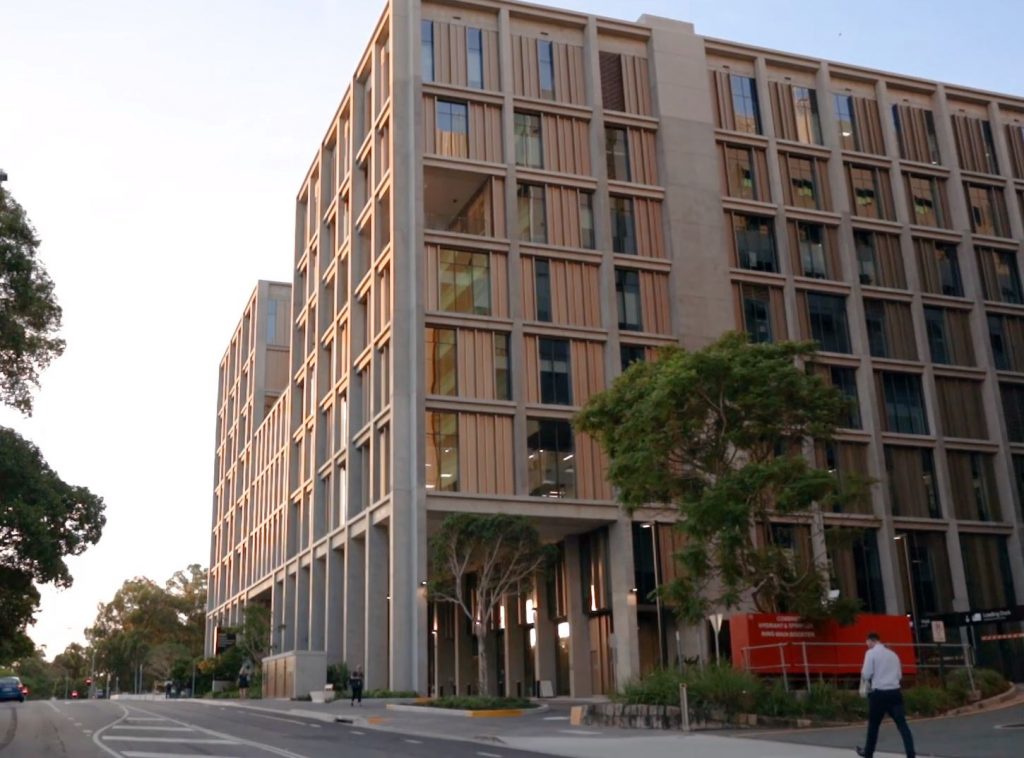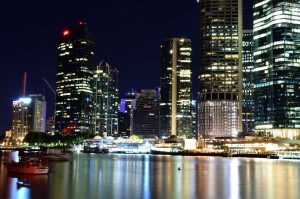Breaking News Today – Queensland’s New Malaria Vaccine

Queensland is pushing for higher vaccination rates, with lockdowns possible if levels don’t improve. Premier Annastacia Palaszczuk said that if the state’s vaccination rates aren’t high enough, lockdowns could return. She also announced that all health staff must get the new vaccine. Upon completion, the vaccine trials will be open to people of all ages. She warned that the vaccine’s side effects aren’t worth the inconvenience.

The Queensland Government is looking into regional vaccination hubs. In a letter to Queensland residents, Health Minister Yvette D’Ath called the revelation “bureaucracy gone mad.” She said that the federal government was trying to undermine the work of Queensland. But the Australian government was not having any of it. The vaccines are free, and the vaccines are safe. In fact, if they’re safe, fewer people will need them.
The vaccine is safe for adults and is a valuable part of the Queensland government’s anti-malaria campaign. The Queensland Resources Council is working to expand vaccination programs in regional areas, and the government thanked the resources sector for its efforts. It’s not uncommon to see a vaccination clinic in the middle of a city, as the Queensland government takes the clinics to where people congregate. At a recent Brisbane Disability Expo, the vaccine was offered to visitors and workers.
The vaccinated population is increasing, and the vaccine is helping people protect themselves and their families. While there is a shortage of vaccine providers, there are clinics open to the public and businesses can still participate. Despite the challenges, vaccination is an essential part of the national plan to prevent disease outbreaks. The Brisbane vaccine is a good option for both employers and employees. The Brisbane Vaccine Centre has become a hub for people who live in rural and remote regions.
After the initial vaccination trial, the Queensland government plans to introduce needle-free vaccine patches in the near future. The company is currently putting its COVID-19 vaccine candidate through clinical trials, and it expects to launch it to the public early next year. With the new facility, the company can increase its production and scale up its operations. The aim is to ensure that the state’s public immunity is at its highest level by the end of 2018.
The Queensland government’s COVID immunisation program was a success, with more people receiving the vaccine than ever before. The underlying factors of COVID immunisation remain, however, a number of factors contribute to the low vaccination rate. In addition to COVID, the vaccination program in Brisbane has several restrictions on its scope. While the influx of COVID restrictions is a legitimate concern, the vaccination program is in good position to provide adequate coverage to its population.
The delays in vaccine availability in Queensland have left many regional towns unable to meet their target of 80 per cent vaccination by the start of the school year. These vaccination rates are only attainable in some areas, though some will reach it sooner than others. Moreover, the government’s aim is to reach the target by 2018, aiming to vaccinate 80% of its population. This is a significant achievement for the Queensland government’s health ministry.
Despite the uncertainty surrounding the rollout, the Queensland government has launched a broadside against the Commonwealth over the delays in the COVID-19 vaccine. Deputy Premier Steven Miles claims that the Commonwealth had not been upfront about its deadline and was not guaranteeing that it would be able to supply enough doses. Besides, the faulty communication caused more uncertainty for the rollout of the COVID-19 in the state.
The Queensland government has launched a broadside against the Commonwealth over the rollout of COVID-19 vaccine in Queensland. Deputy Premier Steven Miles argues that the issue stems from a lack of effective communication between the state and the federal government. Despite the delays, the state’s government has not yet reached its target date, allowing travellers from declared hotspots to enter Queensland. The vaccination process is also delayed.
The vaccination process in Queensland is slow, especially for Indigenous communities. The PHNs have worked with community groups and other agencies to improve access to the vaccine. In particular, the PHNs are working with the State Health Emergency Coordination Centre to guide the management of COVID-19 in Queensland. Further, GPs can also contact them to get the latest information on the vaccination process. The HIghCQ website and the MyHealth Record app make it easy to obtain this information, and call the number 1800 653 809.

